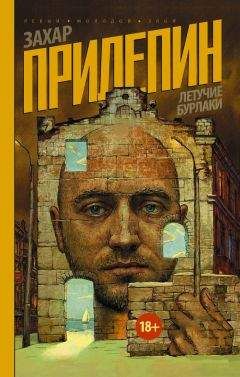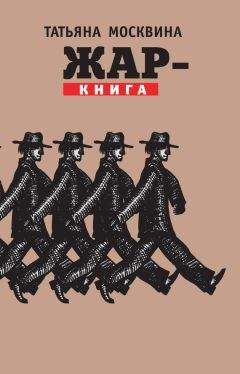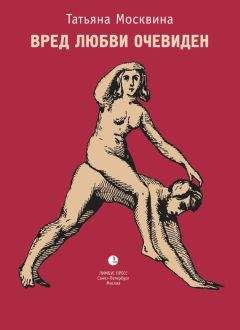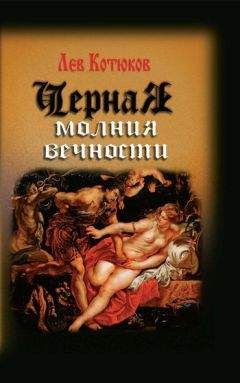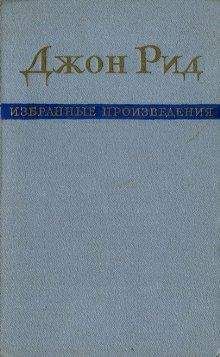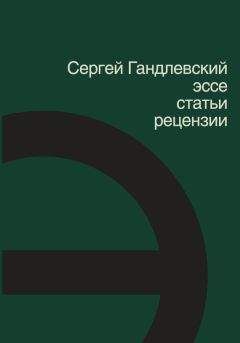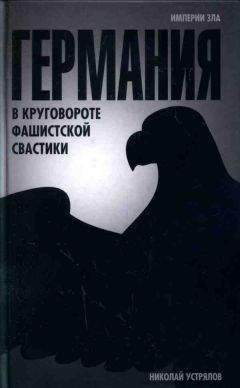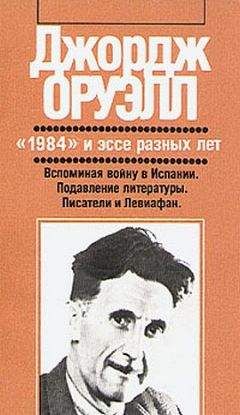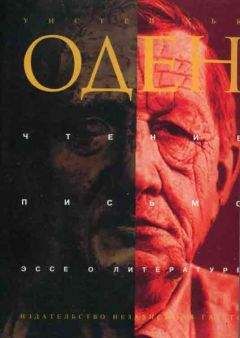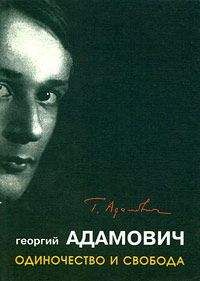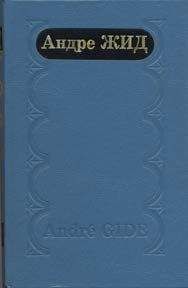Уистан Оден - Стихи и эссе
Скачивание начинается... Если скачивание не началось автоматически, пожалуйста нажмите на эту ссылку.
Жалоба
Напишите нам, и мы в срочном порядке примем меры.
Описание книги "Стихи и эссе"
Описание и краткое содержание "Стихи и эссе" читать бесплатно онлайн.
УИСТЕН ХЬЮ ОДЕН (WYSTAN HUGH AUDEN; 1907–1973) — англо-американский поэт, драматург, публицист, критик. С 1939 года жил в США. Лауреат Пулицеровской и других литературных премий. Автор многих поэтических сборников, среди которых «Танец смерти» («The Dance of Death», 1933), «Гляди, незнакомец!» («Look, Stranger!», 1936), «Испания» («Spain», 1937), «Век тревоги» («The Age of Anxiety», 1947), «Щит Ахилла» («The Shield of Achilles», 1955), «Избранные стихи» («Collected Shorter Poems», 1968).
1948
The More Loving One
Looking up at the stars, I know quite well
That, for all they care, I can go to hell,
But on earth indifference is the least
We have to dread from man or beast.
How should we like it were stars to burn
With a passion for us we could not return?
If equal affection cannot be,
Let the more loving one be me.
Admirer as I think I am
Of stars that do not give a damn,
I cannot, now I see them, say
I missed one terribly all day.
Were all stars to disappear or die,
I should learn to look at an empty sky
And feel its total dark sublime,
Though this might take me a little time.
1957
The Shield of Achilles
She looked over his shoulder
For vines and olive trees,
Marble well-governed cities
And ships upon untamed seas,
But there on the shining metal
His hands had put instead
An artificial wilderness
And a sky like lead.
A plain without a feature, bare and brown,
No blade of grass, no sign of neighborhood,
Nothing to eat and nowhere to sit down,
Yet, congregated on its blankness, stood
An unintelligible multitude,
A million eyes, a million boots in line,
Without expression, waiting for a sign.
Out of the air a voice without a face
Proved by statistics that some cause was just
In tones as dry and level as the place:
No one was cheered and nothing was discussed;
Column by column in a cloud of dust
They marched away enduring a belief
Whose logic brought them, somewhere else, to grief.
She looked over his shoulder
For ritual pieties,
White flower-garlanded heifers,
Libation and sacrifice,
But there on the shining metal
Where the altar should have been,
She saw by his flickering forge-light
Quite another scene.
Barbed wire enclosed an arbitrary spot
Where bored officials lounged (one cracked a joke)
And sentries sweated for the day was hot:
A crowd of ordinary decent folk
Watched from without and neither moved nor spoke
As three pale figures were led forth and bound
To three posts driven upright in the ground.
The mass and majesty of this world, all
That carries weight and always weighs, the same
Lay in the hands of others; they were small
And could not hope for help and no help came:
What their foes liked to do was done, their shame
Was all the worst could wish; they lost their pride
And died as men before their bodies died.
She looked over his shoulder
For athletes at their games,
Men and women in a dance
Moving their sweet limbs
Quick, quick, to music,
But there on the shining shield
His hands had set no dancing-floor
But a weed-choked field.
A ragged urchin, aimless and alone,
Loitered about that vacancy; a bird
Flew up to safety from his well-aimed stone:
That girls are raped, that two boys knife a third,
Were axioms to him, who'd never heard
Of any world where promises were kept,
Or one could weep because another wept.
The thin-lipped armorer,
Hephaestos, hobbled away,
Thetis of the shining breasts
Cried out in dismay
At what the god had wrought
To please her son, the strong
Iron-hearted man-slaying Achilles
Who would not live long.
1952
Friday's Child
He told us we were free to choose
But, children as we were, we thought-
"Paternal Love will only use
Force in the last resort
On those too bumptious to repent."
Accustomed to religious dread,
It never crossed our minds He meant
Exactly what He said.
Perhaps He frowns, perhaps He grieves,
But it seems idle to discuss
If anger or compassion leaves
The bigger bangs to us.
What reverence is rightly paid
To a Divinity so odd
He lets the Adam whom He made
Perform the Acts of God?
It might be jolly if we felt
Awe at this Universal Man
(When kings were local, people knelt);
Some try to, but who can?
The self-observed observing Mind
We meet when we observe at all
Is not alariming or unkind
But utterly banal.
Though instruments at Its command
Make wish and counterwish come true,
It clearly cannot understand
What It can clearly do.
Since the analogies are rot
Our senses based belief upon,
We have no means of learning what
Is really going on,
And must put up with having learned
All proofs or disproofs that we tender
Of His existence are returned
Unopened to the sender.
Now, did He really break the seal
And rise again? We dare not say;
But conscious unbelievers feel
Quite sure of Judgement Day.
Meanwhile, a silence on the cross,
As dead as we shall ever be,
Speaks of some total gain or loss,
And you and I are free
To guess from the insulted face
Just what Appearances He saves
By suffering in a public place
A death reserved for slaves.
1958
Thanksgiving for a Habitat
Nobody I know would like to be buried
with a silver cocktail-shaker,
a transistor radio and a strangled
daily help, or keep his word because
of a great-great-grandmother who got laid
by a sacred beast. Only a press lord
could have built San Simeon: no unearned income
can buy us back the gait and gestures
to manage a baroque staircase, or the art
of believing footmen don't hear
human speech. (In adulterine castles
our half-strong might hang their jackets
while mending their lethal bicycle-chains:
luckily, there are not enough
crags to go round.) Still, Hetty Pegler's Tump
is worth a visit, so is Schönbrunn,
to look at someone's idea of the body
that should have been his, as the flesh
Mum formulated shouldn't: that whatever
he does or feels in the mood for,
stock-taking, horse-play, worship, making love,
he stays the same shape, disgraces
a Royal I. To be over-admired is not
good enough: although a fine figure
is rare in either sex, others like it
have existed before. One may
be a Proustian snob or a sound Jacksonian
democrat, but which of us wants
to be touched inadvertently, even
by his beloved? We know all about graphs
and Darwin, enormous rooms no longer
superhumanise, but earnest
city-planners are mistaken: a pen
for a rational animal
is no fitting habitat for Adam's
sovereign clone. I, a transplant
from overseas, at last am dominant
over three acres and a blooming
conurbation of country lives, few of whom
I shall ever meet, and with fewer
converse. Linnaeus recoiled from the Amphibia
as a naked gruesome rabble,
Arachnids give me the shudders, but fools
who deface their emblem of guilt
are germane to Hitler: the race of spiders
shall be allowed their webs. I should like
to be to my water-brethren as a spell
of fine weather: Many are stupid,
and some, maybe, are heartless, but who is not
vulnerable, easy to scare,
and jealous of his privacy? (I am glad
the blackbird, for instance, cannot
tell if I'm talking English, German or
just typewriting: that what he utters
I may enjoy as an alien rigmarole.) I ought
to outlast the limber dragonflies
as the muscle-bound firs are certainly
going to outlast me: I shall not end
down any oesophagus, though I may succumb
to a filter-passing predator,
shall, anyhow, stop eating, surrender my smidge
of nitrogen to the World Fund
with a drawn-out Oh (unless at the nod
of some jittery commander
I be translated in a nano-second
to a c.c. of poisonous nothing
in a giga-death). Should conventional
blunderbuss war and its routiers
invest my bailiwick, I shall of course
assume the submissive posture:
but men are not wolves and it probably
won't help. Territory, status,
and love, sing all the birds, are what matter:
what I dared not hope or fight for
is, in my fifties, mine, a toft-and-croft
where I needn't, ever, be at home to
those I am not at home with, not a cradle,
a magic Eden without clocks,
and not a windowless grave, but a place
I may go both in and out of.
1962
The Common Life
A living-room, the catholic area you
(Thou, rather) and I may enter
without knocking, leave without a bow, confronts
each visitor with a style,
a secular faith: he compares its dogmas
with his, and decides whether
he would like to see more of us. (Spotless rooms
where nothing's left lying about
chill me, so do cups used for ash-trays or smeared
with lip-stick: the homes I warm to,
though seldom wealthy, always convey a feeling
of bills being promptly settled
with cheques that don't bounce.) There's no We at an instant,
only Thou and I, two regions
of protestant being which nowhere overlap:
a room is too small, therefore,
if its occupants cannot forget at will
that they are not alone, too big
if it gives them any excuse in a quarrel
for raising their voices. What,
quizzing ours, would Sherlock Holmes infer? Plainly,
ours is a sitting culture
in a generation which prefers comfort
(or is forced to prefer it)
to command, would rather incline its buttocks
on a well-upholstered chair
than the burly back of a slave: a quick glance
at book-titles would tell him
that we belong to the clerisy and spend much
on our food. But could he read
what our prayers and jokes are about, what creatures
frighten us most, or what names
head our roll-call of persons we would least like
to go to bed with? What draws
singular lives together in the first place,
loneliness, lust, ambition,
or mere convenience, is obvious, why they drop
or murder one another
clear enough: how they create, though, a common world
between them, like Bombelli's
impossible yet useful numbers, no one
has yet explained. Still, they do
manage to forgive impossible behavior,
to endure by some miracle
conversational tics and larval habits
without wincing (were you to die,
I should miss yours). It's a wonder that neither
has been butchered by accident,
or, as lots have, silently vanished into
History's criminal noise
unmourned for, but that, after twenty-four years,
we should sit here in Austria
as cater-cousins, under the glassy look
of a Naples Bambino,
the portrayed regards of Strauss and Stravinsky,
doing British cross-word puzzles,
is very odd indeed. I'm glad the builder gave
our common-room small windows
through which no observed outsider can observe us:
every home should be a fortress,
equipped with all the very latest engines
for keeping Nature at bay,
versed in all ancient magic, the arts of quelling
the Dark Lord and his hungry
animivorous chimaeras. (Any brute
can buy a machine in a shop,
but the sacred spells are secret to the kind,
and if power is what we wish
they won't work.) The ogre will come in any case:
so Joyce has warned us. Howbeit,
fasting or feasting, we both know this: without
the Spirit we die, but life
without the Letter is in the worst of taste,
and always, though truth and love
can never really differ, when they seem to,
the subaltern should be truth.
1963
Подписывайтесь на наши страницы в социальных сетях.
Будьте в курсе последних книжных новинок, комментируйте, обсуждайте. Мы ждём Вас!
Похожие книги на "Стихи и эссе"
Книги похожие на "Стихи и эссе" читать онлайн или скачать бесплатно полные версии.
Мы рекомендуем Вам зарегистрироваться либо войти на сайт под своим именем.
Отзывы о "Уистан Оден - Стихи и эссе"
Отзывы читателей о книге "Стихи и эссе", комментарии и мнения людей о произведении.





